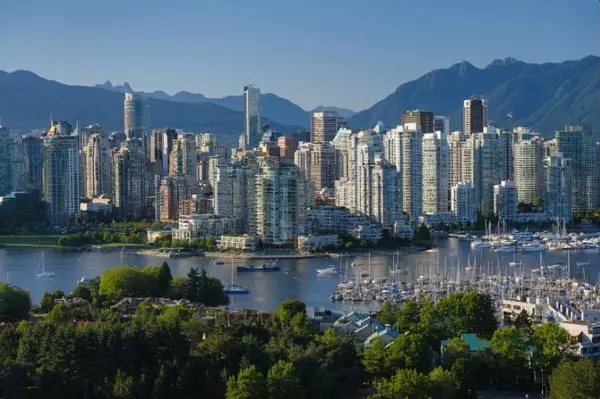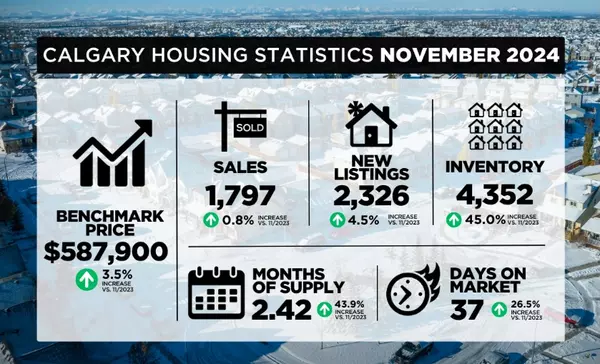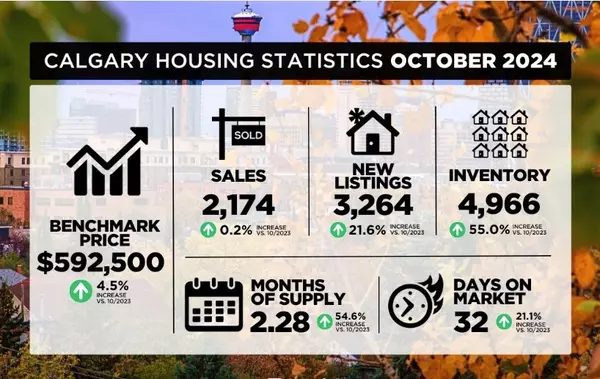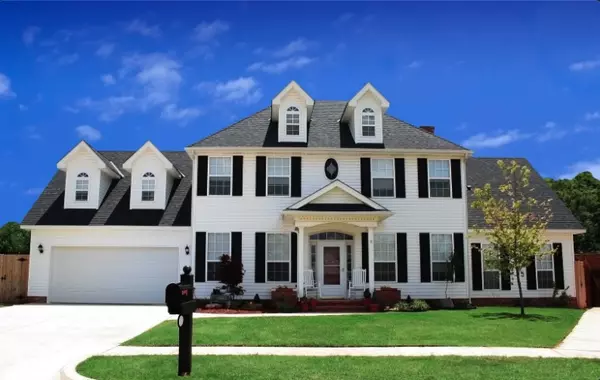B.C.’s Airbnb crackdown will devastate some real estate investors
British Columbia’s new legislation that would ban short-term rental in secondary investment properties will cause a whole lot of pain – and without producingthe desired affordable housing, says a Kelowna, B.C., property manager.
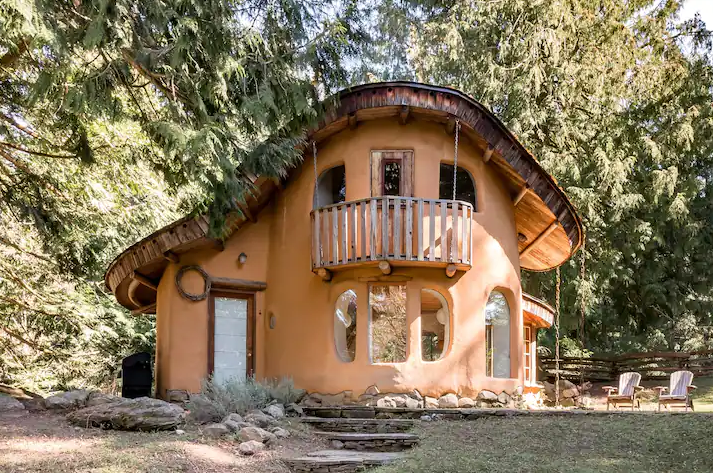
Amanda Van Der Lee is owner of How to Host Property Management & Design, an umbrella company that handles all aspects of short-term rental, including licensing and bookings, interior decorating and cleaning. Ms. Van Der Lee employs about 15 staff and hires contract workers to run 60 properties for her investor-clients. On their behalf, she rents out mostly condos, but single-family houses as well.
Not only will her business be affected and jobs lost, but her investors will suffer financial losses, she predicts. In Kelowna, she says there are 15 buildings that allow short-term rental, all licensed and above board. Her clients went into their investments playing by a set of rules that the province is now threatening to remove. She says the city had approved the buildings for short-term rental, or had grandfathered in non-conforming short-term rental – which would no longer be allowed under the new rules. Ms. Van Der Lee, who posted her grievance on TikTok, questions how that is fair.
“We are going to be left with so many units,” she said in an interview. “And people have these terribly high variable rate mortgages where long-term income won’t be able to cover the mortgages on these properties. Owners will be cash flow negative.
“We will see that – or we will see a ton of [these units] hitting the real estate market, depreciating the values of them. And I don’t think people are going to cash out equal to the mortgage they owe on the property, so investors will be walking away with empty pockets. It’s terrible.”
Last week the province announced new rules that would only allow rentals on platforms such as Airbnb and VRBO, involving properties where the owner resides, such as a basement suite or laneway home. Resort towns, hotels and First Nations reserves will be exempt from the requirements. But for those areas that aren’t exempt, there will be an enforcement unit and heftier fines, as well as a registry by late 2024. B.C. housing minister Ravi Kahlon said in a news conference that the crackdown is aimed at operators of multiple investment units, as opposed to a primary residence with a suite to rent out. The principal resident requirement doesn’t come into effect until May 1, 2024.
“Those of you who are renting out dozens of short-term rentals to make a huge profit, while taking away homes for people, you should probably be thinking about a new profit scheme in the very near future,” said Mr. Kahlon.
McGill University released a report in September, commissioned by the B.C. hotel industry, that determined the growth of short-term rentals between 2017 and 2019 had caused rent increases of 19.8 per cent. Airbnb Canada has disputed the claim, citing a lack of credible data. According to Airbnb’s data, 83 per cent of B.C. hosts operate out of a single home. The company also said the average host operates less than 60 nights a year.
Investors who depended on short-term rental income could be out of pocket if they are forced to sell.
Income from sustained short-term rental is generally much higher than the monthly rents that landlords of long-term rental properties can expect. Ms. Van Der Lee said, for her clients, long-term rents “are not even close” to what they would need to cover their mortgage payments.
“In the summer here, they are looking to cash flow probably upwards of $20,000 a month off of those places,” she said. “I know the long-term rent simply won’t pay the bill.
“You can’t harm one part of society to help another,” said Ms. Van Der Lee. “You need to find a balance, and there is nothing balanced about this decision. It is so one-sided. Have they actually sat down and done the numbers, on the job losses and the debt people are going to go into on this? This is crazy.”
She said luxury short-term rentals would never be affordable as long-term rentals.
Also, a share of the presale market might depend on the short-term rental market.
“We have new builds, not even built yet, and all these properties have deposits on them. So if a revenue property is eliminated, the [owners] will just leave their deposits on the table and walk away. Who wouldn’t?”
Ms. Van Der Lee said she and others in the industry plan to advocate making the principal resident requirementexempt from the new regulations, on the grounds that it’s largely a tourist-driven market.
Nathan Rotman, regional policy director for Airbnb Canada, said they were surprised by the announcement, following talks with government officials.
Mr. Rotman said the “one-size-fits-all” legislation is surprising because of the amount of regulation as well as the revised definition of “short term,” which will cover accommodations being rented for fewer than 90 consecutive days at a time, up from 30 days. He said he’s not opposed to regulation, and he has actively worked with B.C. municipalities. However, Mr. Rotman said reducing the number of Airbnb hosts would not create affordable housing and will only impact workers in need of temporary accommodation.
“That‘s a lot of red tape for somebody who’s renting out their primary residence only,” said Mr. Rotman. “Now I have to go get a Vancouver license and I have to go get a provincial license. It’s a convoluted and very strange system. We haven’t seen any other jurisdiction duplicate registries like that, the way B.C. is looking at it.
“And the definition of ‘short-term rental’ at 90 days is far, far outside of the mainstream,” he added. “Every other jurisdiction says that a short-term rental is 30 days. There will be an impact on the broader economy.”
His company commissioned its own report to determine if its platform was having a direct impact on rents in Canada. The non-profit Conference Board of Canada took on the assignment and released a report this month that found there wasn’t a conclusive relationship between Airbnb and overall rents. Airbnb gave the organization five years’ worth of data not available to anyone else.
The Board’s director of economic research, Tony Bonen – an economist who at one time worked at the Canada Mortgage and Housing Corporation – said that going in, he was expecting a clear connection between Airbnb and rent increases. After all, since the platform had entered the market in 2016, rents had gone up by about 44 per cent overall. You’d expect a relationship, he said.
They compared provinces and looked at 330 neighbourhoods in 19 Canadian cities. However, no causal relationship could be found, he said.
“We weren’t able to find any evidence,” said Mr. Bonen. “Technically, what that means is we had a null result.
“It’s a result we were surprised to find, so we tested that and threw the kitchen sink at the data, to try to make sense of it. And ultimately, it boils down to Airbnb just not being large enough to be affecting affordability on its own.
“We controlled for differences between these neighbourhoods with the really fine data that we had, but the increase in rents that you see downtown in very desirable neighbourhoods, and the increase you see in Airbnb activity, there still was no clear discernible causal link between these two, even when Airbnb was having a higher-than-average activity there.”
Part of the reason it’s a surprising result, he theorizes, is that there are so many anecdotal examples.
“Short-term rentals represent a new type of housing demand that wasn’t there 15, 20 years ago, so it’s an easy thing to point to as we face this affordability crisis and say, ‘Ah, this is the new thing in the market,’ when what I think we are seeing in the broader data is just an overall lack of supply that is pushing prices up higher as the population is growing.”
Categories
Recent Posts


